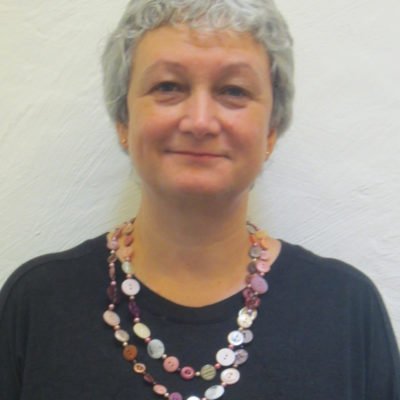
Piret Visnapuu-Bernadt
Piret Visnapuu is child psychiatrist, psychodramatist, psychoanalyst, also a lecturer at Tartu and Tallin Universities. She is a member of the Estonian Psychiatric Association, founding member of the Estonian Psychodrama Association, founding member and chairman of the Estonian Psychoanalytic Pediatric Therapy Association, founding member and president of the Pro Familia non-governmental organization, UEMS-CAP (European Medical Experts Union, Child and Adolescent Psychiatry Department Estonian Delegate, board member and treasurer, EFPP (European Federation of Psychoanalytic Psychotherapy) Estonian Delegate, Head of the Baby Observation Group.
The effects of trauma on infants and their parents. Transgenerational trauma. Psychoanalytic psychotherapy for children and their parents.
Abstract
Piret Visnapuu-Bernadt
psychoanalytic child and adolescent psychoterapist, child psychiatrist
Life is definitely bigger than surviving trauma. Even in the greatest chaos, there are opportunities to find hope and security, people are survivors. Even today, there are hotbeds of war in the world, those who escaped from there create different ways to cope further. Great trauma is a home for every child with violence, alcohol and drug problems. For a young child, the experience of trauma is formed both from directly surviving situations and from the limited resources of his or her traumatized parent to be an emotionally present parent.
The effects of trauma, transgenerational trauma, are insidious. Trauma experiences hinder the establishment and maintenance of close relationships, often a person has many different physical complaints, life is not satisfying. The burden of trauma experienced in a lifetime and from previous generations can be unraveled in psychotherapy.
When working with young children, we must also be prepared for the difficult stories of their parents and grandparents. When working with children, there is often work in parallel with the parent’s experience and the parent-child relationship.
We may know the general patterns of trauma effects, but while each story, each family story is unique. The story of each child’s and family’s healing is also unique. If the therapist sees in each story its specialness, uniqueness, then the child and his family can also find their own solutions on how to proceed.
